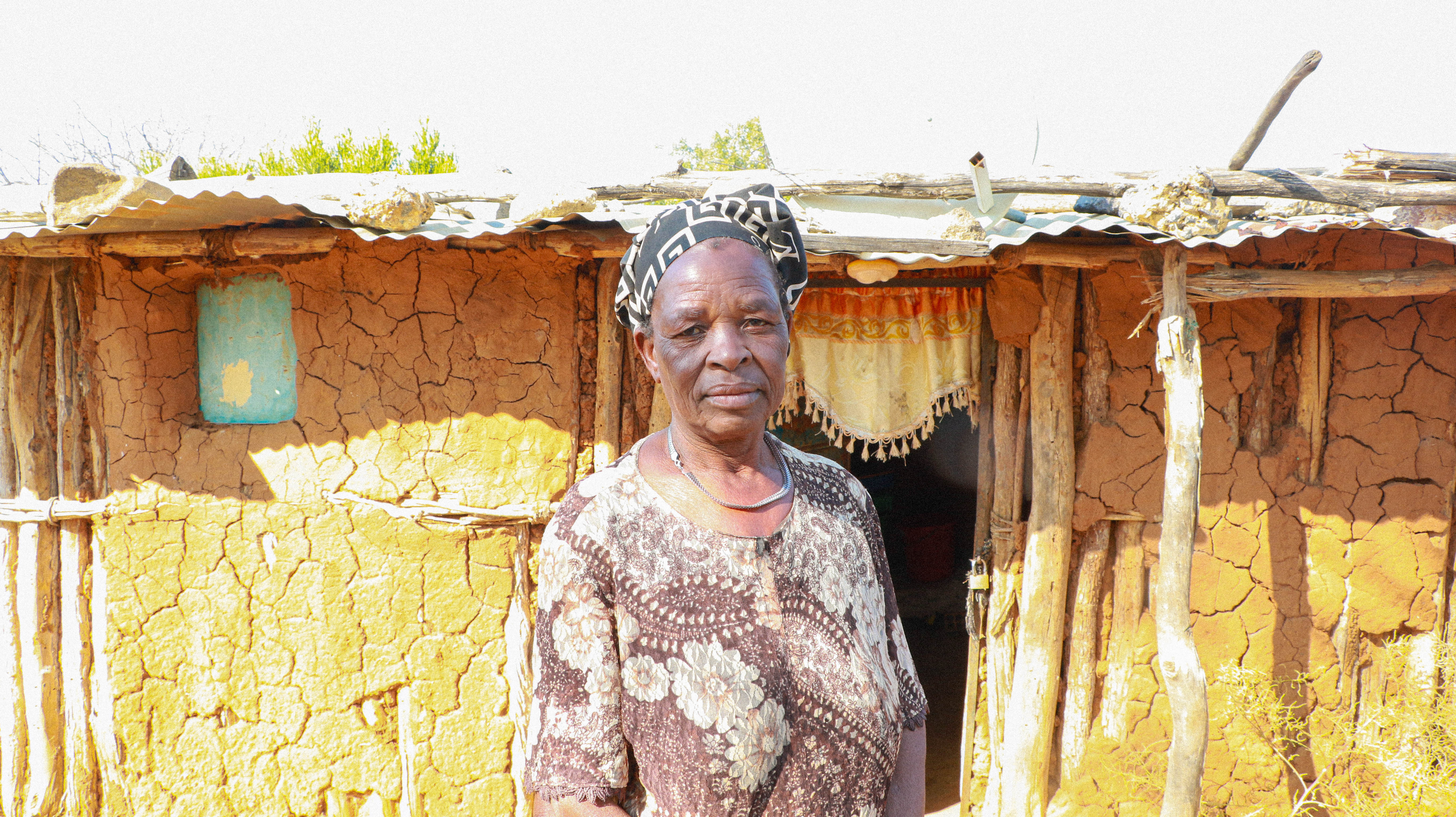Solar Energy for Change in Angola
August 19, 2024

Members of the Ngango Co-operative
Energy access in Angola is limited to less than 48%[i] of the population, with a lower access in rural areas where wood and charcoal remain the main source of energy and livelihood. Due to this, women living in these areas spend a large part of their time collecting these biomass resources and using them for cooking.
These rural communities are predominantly part of the two-thirds of the population who rely on agriculture for food, income, and employment, with women contributing to the majority of the labour force in harvesting and selling as well as seeking and making use of alternate cooking fuels, often with health risks.
With its core resources, UNDP partnered with the Provincial Government of Huila and local NGO, ADRA, to scale up off-grid electrification at the community level.

PNUD Angola
“With the solar panels, no one studies with candle sticks or cooks with stones and firewood anymore. Before, we´d have to bend down, blow the fire to light it, and be careful not to burn ourselves.” Maria Eva, member of the Ngango Cooperative
Maria Eva is one of the 44 women in the cooperative who transforms the agricultural production into marketable products, boosting their incomes.
The installation of 93 home solar systems to assist agricultural activities, including at the agricultural product transformation center, has provided more than access to clean energy to the 235 families in the village of Palanca II (Humpata) but also facilitated water access and establishment of basic irrigation systems, with an immediate impact on agricultural productivity, food security and income generation.

Palanca II Community, Humpata
Cooperative members have undergone training, including in the processing and preservation of agricultural products and commercialization. From pumpkin cakes and tomato jams to dried fruits and vegetables, these products are sold at fairs and local markets. They also supply the nearby school with organic snacks, promoting a healthier diet for the students.

Cakes, biscuits and dried fruits

Jams and e organic juices

Community Primary School next to the Transformation Centre
But the impact on education is even more evident through individual actions. In Gambos, home solar systems were provided to residents.
Luciana Paula, now can teach literacy to children and adults in the evenings at her home.

Luciana Paulo

Board used by Luciana for lessons
She is also a member of the Tyheteketela Cooperative which focuses on food processing, producing chorizo and pork rinds.
The community of Gambos exemplifies how people can transform their own lives with the right resources. With the installation of solar panels, they are not only improving education and increasing their income but also expanding their business.

PNUD Angola
"With the solar panel and equipment provided, production that used to take a full day due to the lack of energy is now completed in 3 to 4 hours."
Antónia Sapalo, Member of the Cooperative
Financed by the profits from their sales, they are constructing a smoker and a warehouse to further enhance production and add value, showcasing their ability to drive sustainable progress.
Expanding Energy Access and Empowering Cooperatives with Solar Power
As we build on the successes achieved in Huíla and Benguela, we aim to continue working on embracing the transformation of rural economies, enhancing the commercialization, conservation, and transformation of crops, further driving agricultural productivity, improved educational opportunities and local economic development across more regions.
These initiatives addresses more than just energy challenges; it touches on the critical aspects of food security in rural communities and environment protection through the promotion of clean energy in areas vulnerable to climate change.

 Locations
Locations


